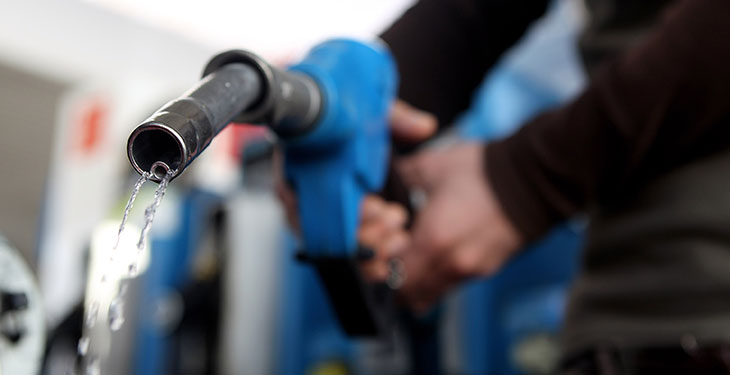The measure on capping the prices of motor fuels should apply only to their sale in distribution stations, depending on the final prices at the pump existing in each station, according to representatives of the Competition Council and the Ministry of Economy, Energy and Business Environment.
The two institutions received a series of questions from the operators on the car fuels market regarding the level of activity referred to in the provisions of art. 8 para. (1) of the Military Ordinance no. 4/2020, which aims to cap the prices of car fuels during the state of emergency, as well as the price changes that are allowed during this period.
“From our point of view, the measure of capping car fuel prices should only apply to their retail sale at petrol stations, and given the final prices at the pump, existing at each distribution station, at the date of entry into force of Military Ordinance No. 4/2020. The application of the price cap on other levels of the production-distribution chain can be problematic, given that, on the other levels of activity, transactions are made on the basis of contractual relations characterized by a multitude of specific commercial conditions (quantities, payment terms, guarantee methods, transport, etc.), which means that the transaction price is determined by their particularities,” explain the quoted representatives, in a post on the Competition Council’s website.
Regarding the allowed price changes, they consider that some participants on the Romanian car fuel market could interpret art. 8 para. (1) of the Military Ordinance no. 4/2020 in the sense that, during the state of emergency, only reductions of car fuel prices are allowed, not their increases, even if the price ceiling established at the date of issuing the ordinance is respected.
“Compared to this possible interpretation of the provisions of Article 8 paragraph (1) of Military Ordinance No. 4/2020, from a competitive point of view, we consider it important that there is the possibility for operators to change car fuel prices in both directions, as long as the price cap at the fuel station is respected. In our opinion, both aspects mentioned above would allow the proper functioning of the car fuel market in Romania and would ensure, in relation to the final customer, the practice of prices in accordance with the evolutions generated by the current situation on the international markets of oil and petroleum products,” it is specified in the post signed by the president of the Competition Council, Bogdan Chiriţoiu, and by the state secretary in MEEMA, Niculae Havrileţ, quoted by Agerpres.
